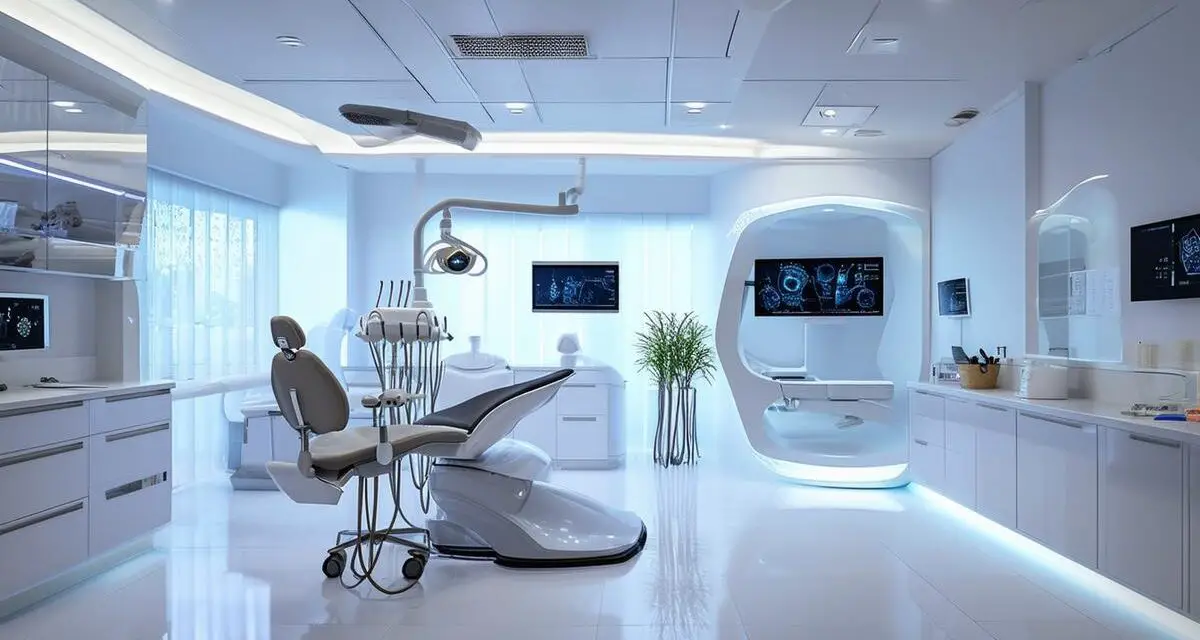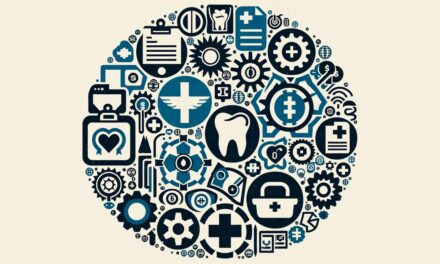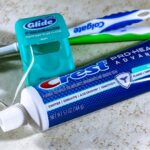Technological Innovations in Dental Care
3D printing in dental care has made remarkable strides, producing highly accurate implants, bridges, and even surgical guides by precisely layering materials to match specific dental structures. Dentists can maintain an in-house 3D printer, accelerating processes and dramatically reducing costs. Patient comfort is enhanced by decreasing the number of dental visits.
AI-powered diagnostics swiftly analyze dental images, flagging issues often overlooked by human eyes. They use algorithms to evaluate X-rays, CT scans, and photos, pinpointing cavities, bone loss, and early signs of oral cancer. AI assists dentists with accuracy, allowing more time for discussing treatment plans with patients.
Teledentistry meets the growing demand for remote healthcare. Patients can attend checkups and consultations via secure video calls, benefiting those in remote areas or with mobility challenges. Dentists use HIPAA-compliant platforms to review symptoms, offer advice, and prescribe medications, ensuring patients feel supported without travel hassle.
Automation in dental practices handles initial customer inquiries, schedules appointments, and sends reminders. Automated systems manage patient records efficiently, reducing human error and ensuring reliable data access. It lifts administrative burdens and accelerates workflow processes.
Robotics in dental surgeries bring high precision, steady movements, and 3D visual guidance. They assist in tasks like placing implants or performing delicate extractions, reducing surgery time and improving outcomes. Patients experience higher safety levels and reduced post-op recovery times.
Laser dentistry offers a minimally invasive option with less pain and quicker recovery, removing or reshaping tissue, treating cavities, and conducting biopsies. For cosmetic procedures like teeth whitening, lasers achieve precise results while maintaining patient comfort.
Holistic approaches integrate oral health with overall well-being through data-driven insights, customized treatment plans, biocompatible materials in advanced dental implants, and AI-driven diagnostics and prevention strategies.
Practices with multi-lingual capabilities accommodate diverse patient demographics better, fostering trust and expanding patient networks.
These technologies profoundly impact treatment accuracy, patient outcomes, and efficiency, enhancing both patient and practitioner experiences through more accurate diagnostics, efficient treatments, and patient-focused care.
Challenges with Staffing and Overhead Costs
Staffing shortages remain a prominent issue, causing significant stress on dental practices. According to recent ADA surveys, 60% of practicing dentists report difficulties in recruitment and retention, highlighting an urgent need for skilled staff. This shortage impacts the quality of patient care and smooth operation of practices.
Rising overhead costs exacerbate staffing challenges. Utility bills, equipment maintenance, and materials are increasingly expensive. Practices face managing these increased costs while offering competitive salaries and benefits to attract and retain quality staff.
Low insurance reimbursements further complicate the picture. The ADA's Health Policy Institute reports many insurance companies have not adjusted reimbursement rates in line with inflation or increased procedure costs. Such static reimbursements mean practices earn less per patient visit even as expenses grow, forcing some dentists to consider reducing accepted insurance types, potentially limiting patient access.
Practices are exploring strategies like:
- Streamlined operations
- Enhanced recruitment efforts
- Employee retention programs
- Financial planning and management
- Rethinking insurance models
- Advocacy for change
By implementing these strategies, dental practices can better navigate the current economic landscape and provide high standards of patient care despite challenges.

Personalized and Patient-Centric Dental Care
Personalized and patient-centric dental care is stepping into the spotlight as practices shift toward treatments tailored to individual patient needs. Clinics leverage advanced data analytics and AI to elevate customization and treatment effectiveness, improving patient outcomes and satisfaction.
By analyzing vast patient data—from medical histories to genetic profiles—dentists create highly specific treatment plans accounting for unique biological and lifestyle factors. AI can predict how a patient might respond based on similar historical data, making preventative care more targeted and effective.
AI-powered platforms streamline the patient journey, tracking tooth wear patterns, dietary habits, and dental hygiene routines through apps and wearable tech. This constant feedback loop allows real-time care plan adjustments, ensuring relevance and preventing issues before they start.
AI assists in creating digital models that forecast treatment outcomes, allowing patients to virtually simulate potential results for transparent decision-making, fostering deeper trust.
Enhanced patient engagement through personalized reminders and tips via smartphones increases adherence to treatment plans when patients see the direct correlation between insights and oral health improvements.
This data-driven approach profoundly impacts treatment outcomes, making them more predictable and successful. Custom-fit solutions like 3D-printed dental appliances tailored to a patient's mouth exemplify this transformation. AI-driven diagnostics and treatment planning reduce risks, improve precision, cut recovery time, and enhance intervention efficacy.
The shift toward personalized care resonates with an increasingly health-conscious population valuing proactive and preventative healthcare, driving a holistic approach prioritizing sustained oral health and overall well-being.
Advancements in AI and Digital Marketing
Advancements in AI and digital marketing are revolutionizing the dental industry. AI's role in diagnostics, treatment planning, and practice management is becoming prominent, while effective digital marketing strategies are crucial for practice growth and patient engagement.
AI-powered tools transform diagnostics and treatment planning with unparalleled precision. Advanced algorithms analyze dental images, detecting issues that may go unnoticed, allowing early intervention and better patient outcomes. Cloud-based AI provides detailed analyses within seconds, enhancing dentists' decision-making.
For treatment planning, AI algorithms create personalized plans by analyzing a patient's unique dental history and condition, predicting the success rate of different options based on similar cases, ensuring a tailored and data-driven approach.
In practice management, AI streamlines administrative tasks like appointment scheduling, reminders, and billing, reducing staff burden and enhancing operational efficiency and patient experience.
Digital marketing is essential for attracting new patients and maintaining a strong online presence. Search engine optimization (SEO) ensures a practice's website appears at the top of relevant search results. Social media marketing allows practices to share updates, engage directly with their community, and build trust. Pay-per-click (PPC) advertising targets users actively seeking dental services. Email marketing keeps patients informed about new services, promotions, and check-up reminders.
Reputation management is crucial, with positive reviews on platforms like Google and Yelp significantly impacting a practice's reputation and attracting new patients. Responding to reviews, whether positive or negative, demonstrates commitment to patient satisfaction and professionalism.
By leveraging AI and innovative digital marketing strategies, dental practices can provide superior patient care while expanding their reach and reinforcing their online presence, propelling the industry forward.
References
- American Dental Association. Health Policy Institute.
- American Dental Association. Practice Management.









